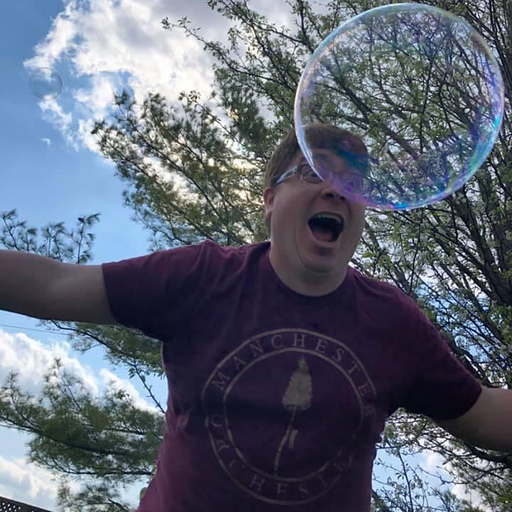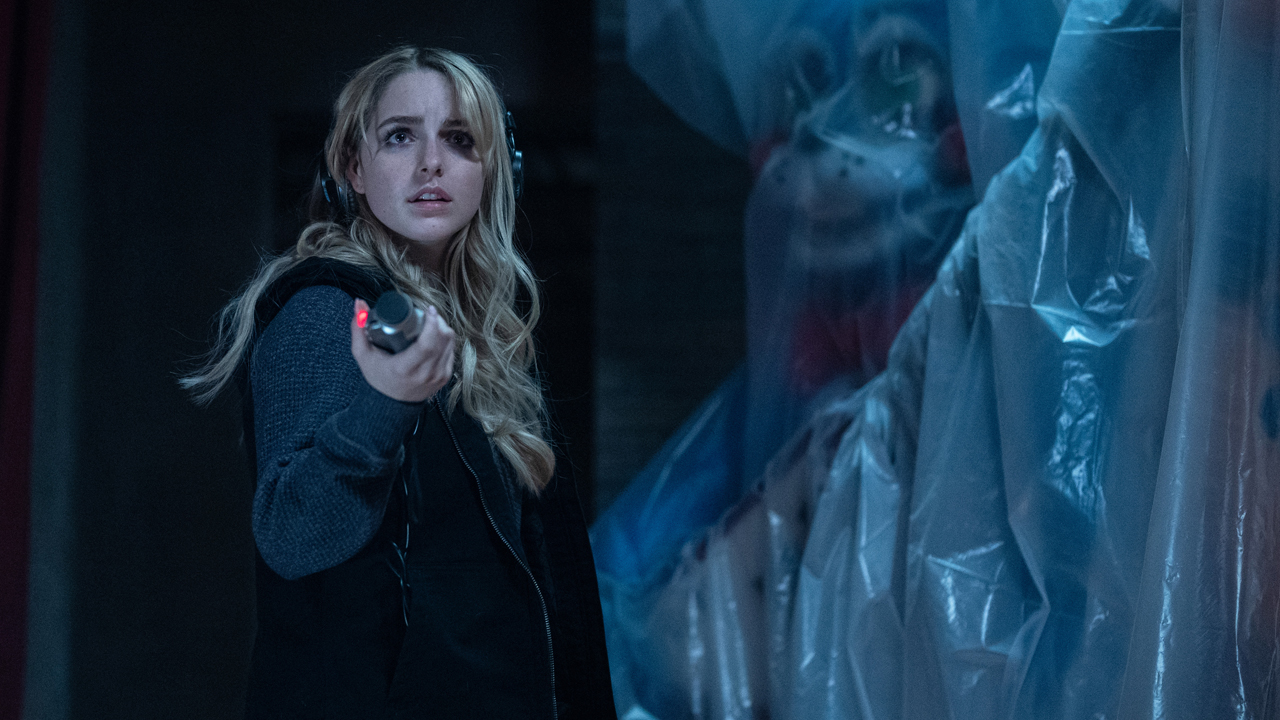Why The Orville Needed To Adopt Serious Storytelling, According To Scott Grimes
The actor explained why the change was for the better.
The Orville: New Horizons, a.k.a. Season 3 of Seth MacFarlane’s live-action sci-fi series, is currently on streaming. Hulu subscribers who've tuned in have more than likely noticed by now that the latest season is building on the serious tone that was established back during the second season. (Though the series does still find opportunities to incorporate humor from time to time.) This creative transition is certainly a departure from the tone that was introduced in Season 1 but, according to series star Scott Grimes, the adoption of such storytelling is something that needed to happen.
I had the pleasure of speaking to Scott Grimes not long after the release of “Gently Falling Rain.” The actor mentioned that the serious storytelling and the way that Seth MacFarlane presents it are some of the biggest things he appreciates about the show and, ultimately, he thinks it was the right move for MacFarlane, from a creative standpoint:
That is the show for me, and how Seth does it without pushing an agenda. It’s just that mirror of here’s something I’m going to tell you. You decide what you think we’re talking about. Sometimes it’s a little bit more in your face for Orville and some of these subjects. If the show would’ve stayed what it was the first season, which was just kind of this tongue-in-cheek thing, we might have gone a couple of years on Fox, but Seth wouldn’t have been satiated. The show wouldn’t have, I don’t think, gone anywhere. It would have just been another American Dad or Family Guy but live-action, and there’s just nowhere to go with that.
Shows like Family Guy and American Dad are great but, when crafting Orville, Seth MacFarlane wasn't exactly aiming to give viewers a show that mirrors the animate series they've been watching for years. Scott Grimes explained that MacFarlane wanted his cosmic series to be more than that, which is why the show began a slow shift towards more serious storylines in Season 2.
Scott Grimes stressed that The Orville: New Horizons' new approach falls more in line with what his colleague has wanted to do. Not only that, but Grimes says he’s grateful that the show went that direction (following its departure from Fox). Grimes further explained why he’s “happy” about the current vision of the show, and why it’s important that things are being handled this way now:
I am so happy that one, he gets to do the show he wants to do because why would he do that [otherwise]? He doesn’t need to work. He’s doing this because he wants to say something and he’s a great writer.
The Orville: New Horizons’ premiere certainly proved that the series is willing to engage in the most serious of storylines. In the episode, the crew was up in arms when Isaac, the ship’s Kaylon engineer, committed suicide. The show, as Scott Grimes mentioned earlier, presented a lot of different perspectives on the matter. While Isaac’s actions were ultimately undone (he’s an A.I.), it was the series' heaviest installment to date. It’s certainly not something that I would imagine being tackled on the first season of The Orville or something that would’ve gone over without some sort of controversy if the show was still on network television.
As for how many more episodes The Orville: New Horizons will drop on Hulu, that remains to be seen. There’s also no word, at the moment, as to whether Season 4 will happen, though members of the cast hinted that fan response and viewership will factor into the show's future. Hopefully, if it does happen, Seth MacFarlane will be allowed to continue showing his fully-realized vision for the series, which just seems to be getting better with age.
Your Daily Blend of Entertainment News

Mick Joest is a Content Producer for CinemaBlend with his hand in an eclectic mix of television goodness. Star Trek is his main jam, but he also regularly reports on happenings in the world of Star Trek, WWE, Doctor Who, 90 Day Fiancé, Quantum Leap, and Big Brother. He graduated from the University of Southern Indiana with a degree in Journalism and a minor in Radio and Television. He's great at hosting panels and appearing on podcasts if given the chance as well.
